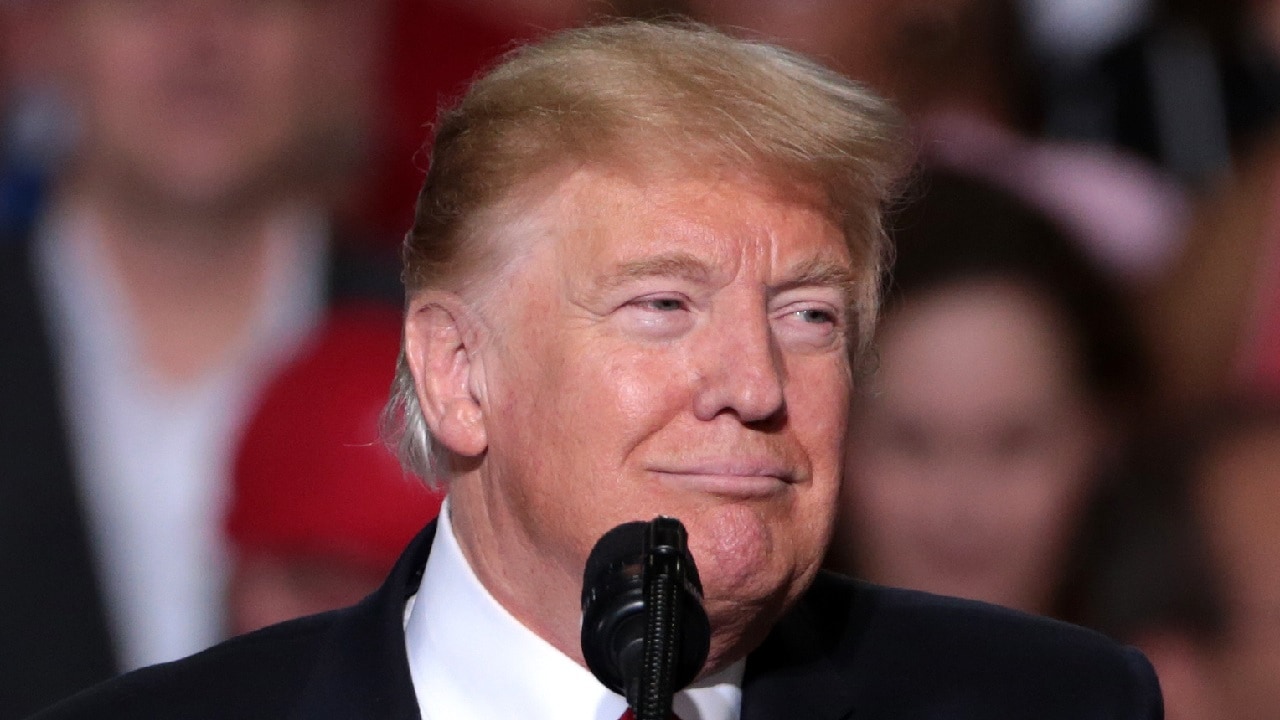Former President Donald Trump’s legal team argued last week that U.S. District Court Judge Douglas Reyes has no legal authority to rule that the 14th Amendment of the United States Constitution – specifically section three – would make Trump ineligible to be a nominee for president based on allegations about his activities around the Jan. 6, 2021, Capitol insurrection.
In a court filing last week, Tim La Sota, who is representing the former president, made the case that the amendment, about disqualifying for office anyone who engaged in insurrection or gave aid and comfort to enemies, should not even apply to the president.
Does the Donald Trump Case Have Merit?
Moreover, La Sota suggested the case – brought by tax consultant turned presidential hopeful John Castro – further argued that there is a bigger issue with the lawsuit, namely that Castro cannot show that Trump’s presence on the ballot would harm him in any way.
Castro, who isn’t even considered a long shot at this point, had registered with the Federal Elections Commission (FEC) as a presidential candidate and has since said he intends to file a petition to be on the ballot in Arizona. However, La Sota maintained that a one-page form filed with the FED does not present the necessary standing for Castro to sue in federal court.
“There are currently approximately 292 individuals registered with the FEC as Republican Party candidates for the presidency,” La Sota wrote in his brief. “Only a few of these registered ‘candidates’ will launch an actual presidential campaign.”
Castro’s campaign finance report shows that he hasn’t raised any money in political contributions in the Grand Canyon State. Instead, it lists a $20 million loan to his campaign.
“Plaintiff does not allege any concrete support from anyone, let alone voters and/or political actions in this state and/or the Arizona Republican Party,” La Sota told the judge last week, the Arizona Capitol Times reported. “Plaintiff has not identified a single voter or donor who identifies Castro as his or her ‘second choice’ after President Trump.”
SCOTUS Declined to Hear the Case
Earlier this month, the Supreme Court of the United States (SCOTUS) declined to hear a case from Castro. In a brief, unsigned order, the justices declined to take up one of his cases after Castro lost in a lower court.
“The Supreme Court can deny to hear the case but appellate courts cannot,” Castro responded on X, the platform formerly known as Twitter, and he added, “I’m still pursuing decisions in the liberal appellate courts and there’s a full blown trial scheduled for October 20 in New Hampshire and a bench trial in Arizona on October 31.”
Castro’s is not the only lawsuit to have been launched against the former president under the 14th Amendment, which was drafted after the American Civil War. Its section three states that no person shall hold elected office who “engaged in insurrection or rebellion” against the United States.
Citizens for Responsibility and Ethics, a D.C.-based ethics and accountability watchdog organization, filed a similar lawsuit in Colorado on behalf of a group of voters there, while lawsuits have been filed in Minnesota and Michigan. However, legal experts remain split as to whether the 14th Amendment can be actually applied to Trump over his role in the Jan. 6, 2021, Capitol attack.
Author Experience and Expertise
A Senior Editor for 19FortyFive, Peter Suciu is a Michigan-based writer. He has contributed to more than four dozen magazines, newspapers, and websites with over 3,200 published pieces over a twenty-year career in journalism. He regularly writes about military hardware, firearms history, cybersecurity, politics, and international affairs. Peter is also a Contributing Writer for Forbes and Clearance Jobs. You can follow him on Twitter: @PeterSuciu.
From the Vault

